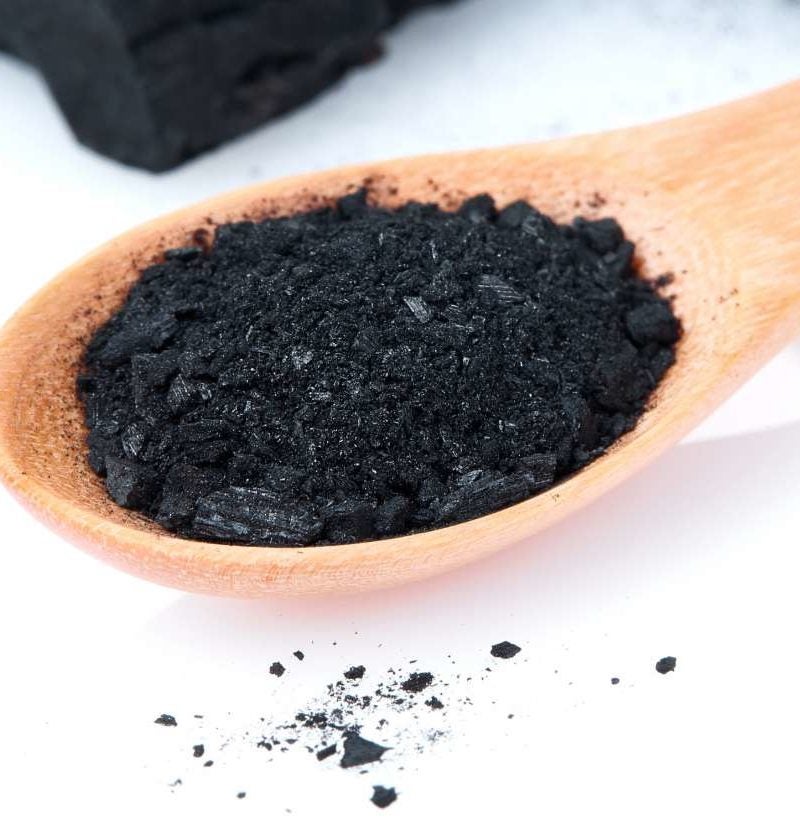FAQ About Activated Charcoal for Teeth Whitening
Does activated charcoal really whiten teeth?
Activated charcoal can help remove surface stains caused by coffee, tea, wine, or smoking. It works by adsorbing stain particles and plaque, leaving the teeth looking cleaner and whiter. However, it does not change the natural color of the teeth or remove deep stains beneath the enamel.
Is activated charcoal safe for daily use on teeth?
No, daily use is not recommended. Frequent use can erode enamel ...
FAQ About Activated Charcoal for Teeth Whitening
Does activated charcoal really whiten teeth?
Activated charcoal can help remove surface stains caused by coffee, tea, wine, or smoking. It works by adsorbing stain particles and plaque, leaving the teeth looking cleaner and whiter. However, it does not change the natural color of the teeth or remove deep stains beneath the enamel.
Is activated charcoal safe for daily use on teeth?
No, daily use is not recommended. Frequent use can erode enamel, leading to increased sensitivity and vulnerability to cavities. Dentists suggest using it no more than 1–2 times per week to avoid damaging the enamel.
How long does it take for activated charcoal to whiten teeth?
Results vary depending on the severity of discoloration and frequency of use. Many people notice a difference after 1–2 weeks of use. However, consistent use over several weeks may be required for noticeable improvements.
Can activated charcoal damage tooth enamel?
Yes, activated charcoal is abrasive and can wear down enamel if used excessively or applied with excessive force. This can make teeth more prone to sensitivity and discoloration over time.
Can activated charcoal remove deep stains?
No, activated charcoal is only effective at removing surface stains. For deep stains or intrinsic discoloration, professional whitening treatments or other dental procedures may be required.
How should activated charcoal be used for teeth whitening?
Activated charcoal should be applied as a paste using a soft-bristle toothbrush. Gently brush for about 1–2 minutes, avoiding excessive scrubbing. Rinse thoroughly afterward. It is best to follow up with regular toothpaste to ensure no residue remains.
Is activated charcoal toothpaste better than powder?
Charcoal toothpaste is often less abrasive than powder, making it safer for enamel and suitable for more frequent use. However, powder is generally more potent for removing stubborn surface stains. The choice depends on the user's goals and sensitivity levels.
Can activated charcoal whiten crowns, veneers, or fillings?
No, activated charcoal does not whiten dental restorations such as crowns, veneers, or fillings. These materials do not respond to whitening agents in the same way natural teeth do.
Are there side effects of using activated charcoal for teeth whitening?
Side effects include enamel abrasion, increased tooth sensitivity, and potential staining of the gums or dental work. Overuse can also leave microscopic grooves in the enamel, increasing the risk of plaque buildup.
Is activated charcoal as effective as professional teeth whitening?
No, activated charcoal is less effective than professional whitening treatments. While it can remove surface stains and improve the appearance of teeth, professional treatments can address both surface and deeper intrinsic stains for a more significant whitening effect.
Disclaimer: The published information is based on research and published medical sources. It is provided for educational purposes only and is not intended to replace professional medical advice. Always consult with your doctor or healthcare provider regarding any questions you may have about your health. We are not responsible for any actions taken based on this information, nor for any errors, omissions, or inaccuracies in the content. Medical research is constantly evolving, and the information presented may not reflect the most current medical standards.
December 2024
AposBook







 Buy now
Buy now




















[0]